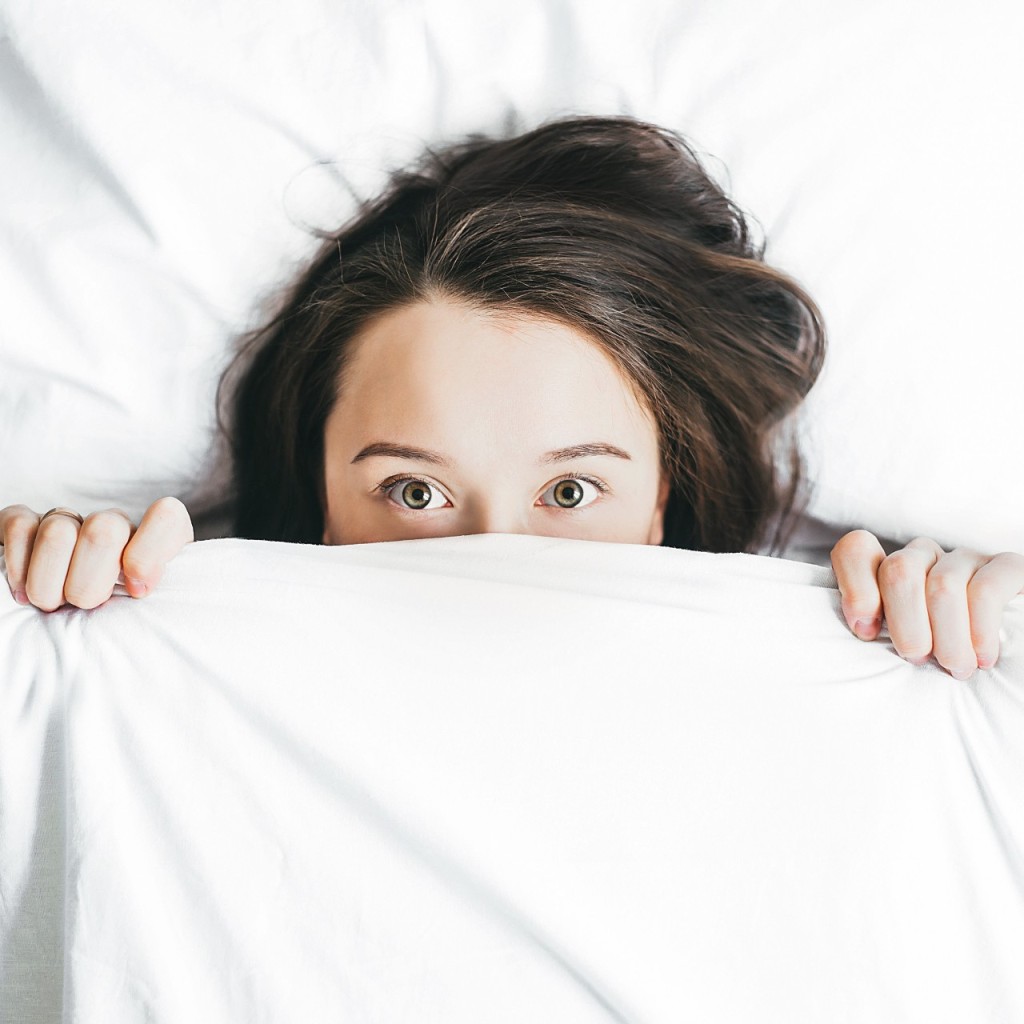When you think about sleep apnea, who comes to mind?
Many people misguidedly think that sleep apnea only afflicts men over the age of 50 who are overweight. While these things do factor into an increased risk for sleep apnea, you might be surprised to hear that so much more goes into it.
Today, your denturist in Portland OR would like to clear the air a bit about who suffers from sleep apnea and how serious this condition is.
A person who suffers from sleep apnea could be:
- Male or Female
- In any physical condition
- Young, middle-aged, mature adult, or elderly
As a matter of fact, an estimated 22 million Americans suffer from sleep apnea, and a staggering 80% of these cases are undiagnosed. This means that you could be struggling with moderate to severe obstructive sleep apnea and not even realize it. It is also important to note that between 1% and 4% of all children, including infants, are affected.
So what is sleep apnea and why is it a concern?
This is a potentially serious sleep disorder in which breathing repeatedly stops and starts. If you snore loudly and feel tired even after a full night’s sleep, you might have sleep apnea. The main type of sleep apnea is obstructive sleep apnea, a condition where the throat muscles relax and disrupt the normal breathing pattern.
Sleep apnea can be the cause of many other secondary issues because the afflicted cannot obtain restful sleep.
Disease manifestations in the absence of appropriate, quality sleep can include:
- Depression and anxiety
- Dementia
- Hypertension
- Congestive heart failure
- Nighttime heart attacks
- Obesity
- Memory loss
- Atrial fibrillation
- Impotence
- Metabolic syndrome
- Lack of energy
- Diabetes
- Premature death
What are the symptoms of sleep apnea?
The signs and symptoms of obstructive and central sleep apneas overlap, sometimes making it difficult to determine which type you have.
The most common signs and symptoms of obstructive and central sleep apneas include:
- Loud snoring
- Episodes in which you stop breathing during sleep – which would be reported by another person
- Gasping for air during sleep
- Awakening with a dry mouth
- Morning headache
- Difficulty staying asleep (insomnia)
- Excessive daytime sleepiness (hypersomnia)
- Difficulty paying attention while awake
- Irritability
How is sleep apnea diagnosed?
Sleep breathing disorders must be diagnosed by a physician, and will typically begin with a sleep study. Once a diagnosis has been rendered, the physician can refer the patient to a qualified dentist who knows how to create the appropriate sleep device. Denturists and dentists work together in making different devices to treat obstructive sleep apnea.
If you think you or someone you love think you may be suffering from sleep apnea, time is of the essence! You never know, you could be one of the 80% of people with this disorder who are unaware they have it.
If you have any questions about sleep apnea or the devices you may need, please don’t hesitate to contact your denturist in Portland OR. Tanya Poleon understands the ins and outs of sleep apnea and can help you better understand various devices that treat the illness.
